Takes 2 Minutes
Is TMS Right For Me?
Take our TMS Therapy Quiz
Curious if TMS might be right for you? Our quick assessment can help guide you. While this quiz provides valuable insights, remember that it's just a starting point. A thorough evaluation by one of our expert practitioners is essential for determining the most appropriate treatment plan for your unique situation.The quiz consists of 9 questions designed to assess your recent symptoms and experiences with mental health disorders. It also includes informative details about TMS throughout, helping you learn as you go.
Is TMS Right For Me?
Take our TMS Therapy Quiz
Curious if TMS might be right for you? Our quick assessment can help guide you. While this quiz provides valuable insights, remember that it's just a starting point. A thorough evaluation by one of our expert practitioners is essential for determining the most appropriate treatment plan for your unique situation.The quiz consists of 9 questions designed to assess your recent symptoms and experiences with mental health disorders. It also includes informative details about TMS throughout, helping you learn as you go.

Takes 2 Minutes
What Is TMS Therapy?
Transcranial Magnetic Stimulation (TMS) Therapy is a safe and revolutionary treatment for mood disorders. This non-invasive technique uses magnetic fields to change neural activity, offering hope to those struggling with depression, anxiety, or OCD who haven't found relief through conventional treatments.
TMS works by placing a magnetic coil on the patient's head, which emits carefully calibrated pulses to target specific brain regions. These pulses can either stimulate or inhibit neuronal activity, effectively "resetting" the areas of your brain involved in mood regulation and decision-making. This process can significantly reduce symptoms of depression, anxiety, and OCD, providing a compelling alternative to antidepressants and other medications that may not work for everyone.
If you've been feeling trapped by persistent mental health issues, TMS could be the breakthrough you've been seeking. It's FDA-approved, backed by extensive research, and has helped countless individuals reclaim control over their lives.
We Work With All Major Insurance Companies
Rather than navigating the complexities on your own, let us handle the details. We’ll assess your needs, verify your insurance benefits, and review payment options with you.
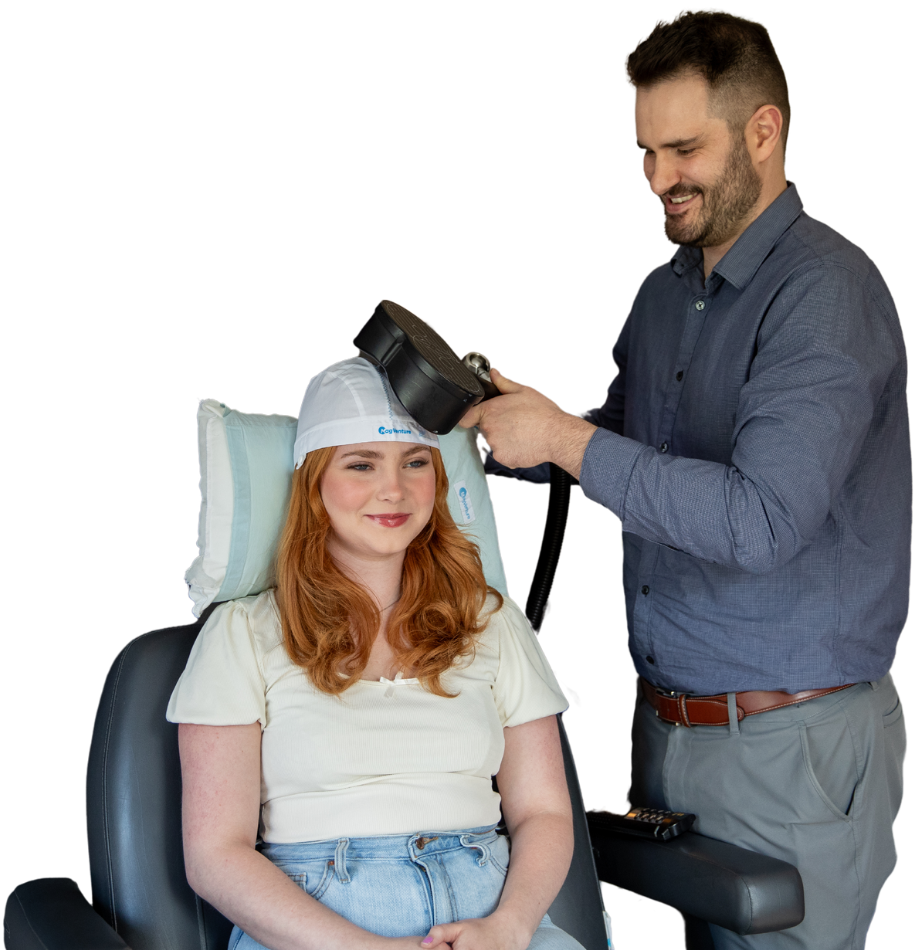
Is TMS Therapy Right for Me? 4 Questions to Ask Yourself
Question 1:
Have I been experiencing symptoms of depression, anxiety, or OCD, and have I been diagnosed by a medical professional for these symptoms?
TMS is FDA-approved for treating
depression
and OCD and has shown promising results in reducing anxiety symptoms. If you've received a professional diagnosis for any of these conditions, TMS could be an excellent option to alleviate your daily struggles and improve your quality of life.
Question 2:
Have I tried other treatments for my mental health condition, such as antidepressants, that did not fully relieve my symptoms?
While TMS is highly effective, it's typically considered a second-line treatment. This means it's usually recommended after other conventional treatments have been tried. If you've undergone first-line treatments like medications or psychotherapy without experiencing significant relief, or if you've suffered from adverse side effects, TMS could be the solution you've been searching for. Read more:
TMS vs Antidepressants→
Question 3:
Do I have any other medical conditions that might interfere with my TMS therapy?
TMS is a safe and well-tested form of treatment. However, certain medical conditions may affect your eligibility or require special considerations. These include a history of epilepsy and seizures. Additionally, metal implants in your head or neck as well as pacemakers may interfere with the TMS device.
Our medical team at Boulder TMS will thoroughly review your medical history to ensure TMS is safe and appropriate for you. In rare cases, certain medications may impact the effectiveness of TMS, which we'll discuss during your consultation.
Question 4:
Do I have the capacity and willingness to commit to my TMS protocol?
A typical TMS protocol involves multiple sessions per week over a period of about 6 weeks, each session lasts 15-30 minutes. This commitment is crucial for achieving optimal results. While you can resume your normal activities immediately after each session, it's important to have the flexibility to attend regular appointments. We understand that finding time for self-care can be challenging with your schedule. At
Boulder Center for TMS, we strive to make your TMS sessions as convenient as possible, ensuring that every visit contributes meaningfully to your treatment journey.
Start Your TMS Journey with Boulder TMS
At Boulder Center for TMS, we're proud to be at the forefront of innovative treatments for depression, anxiety, and OCD. Our commitment to excellence extends beyond just offering TMS – we provide a comprehensive, personalized approach to mental health care.
What sets us apart:
- Customized treatment plans tailored to your unique needs and medical history
- Integration of TMS with psychedelic therapy for a holistic approach
- A team of compassionate professionals dedicated to your well-being
- State-of-the-art facilities and cutting-edge TMS technology
We understand that taking the first step towards treatment can be daunting. That's why we're here to support you every step of the way. From your initial consultation to your final TMS session and beyond, our team is committed to your success and long-term well-being.
Don't let mental health challenges hold you back any longer.
Contact Boulder TMS today to schedule a consultation and discover how our innovative approach to TMS therapy can help you reclaim your life. Together, we'll chart a course toward a brighter, healthier future.
"Treatment here was a game-changer for me. I feel like my overall mood has improved on a daily basis, and there's been notable differences in my focus at work. It's pretty incredible, actually. The staff was great as well. Highly recommend this clinic for anyone seeking TMS."
Ryan Cwynar
More Rescources
Does TMS require sedation?
Learn More →TMS does not require sedation. All that is required is for the patient to sit still in the ergonomic treatment chair for the duration of treatment. Patients undergoing TMS therapy can return to their daily activities immediately following treatment.
Does insurance cover TMS therapy?
Learn More →Many insurance companies will cover a large portion of the cost of TMS treatment. At Boulder Center for TMS, we are often able to contract single-case agreements with insurance companies. This means that even if we are considered out of network by your insurance company, they will cover treatment at an in-network level. We research your insurance benefits for you and make sure you are aware of any out-of-pocket costs before beginning treatment so that you can make an informed decision based on your unique financial needs.
What are the common side effects of TMS?
Learn More →Unlike ECT (electroconvulsive therapy) where short-term confusion, memory loss, and long-term disruptions in memory have been shown to occur, TMS has little to no side effects. Some patients who undergo TMS therapy report headaches, fatigue, scalp soreness, or dizziness. However, these side effects are minor and tend to fade within the first week of treatment. The most serious side effect known side effect is seizure, though that only happens in roughly 1 in 200 patients. This is a very rare event that our staff is trained to handle.
Is TMS Therapy the same as Shock Therapy (ECT)?
No, the two procedures are very different. While both are effective in the treatment of depression, there are many differences in safety and tolerability. TMS is a non-invasive therapy that stimulates the activation of a patient’s brain with pulsed magnetic fields. During a session of TMS, patients will sit in a chair and are awake and alert throughout the entire 15-30 minute procedure – no sedation is used with TMS Therapy. Patients can transport themselves to and from treatment with ease. In contrast, "shock therapy", or electroconvulsive therapy (ECT), intentionally causes a seizure through the direct application of electrical current. Patients receiving ECT must be sedated with general anesthesia and paralyzed with muscle relaxants. Recovery from an ECT treatment session occurs slowly, and patients are usually closely monitored for minutes or even a few hours after a treatment.
Am I a good candidate for TMS?
Learn More →Our patients complete an initial evaluation appointment with our board-certified Psychiatrists to determine if TMS is a viable treatment option. During the appointment, we review your treatment and medication history. You will also have the opportunity to discuss your current medications and ask any remaining questions regarding treatment. This will help both you and the psychiatrists, to gauge if TMS is the right procedure for you.
Is TMS Right For You?
TMS is a safe, non-invasive, FDA-approved treatment that offers an effective alternative to medication. Take our 2-minute quiz to find out if TMS is the right option for you.
Take the quiz →

FDA-Approved
Treatment for depression and OCD.
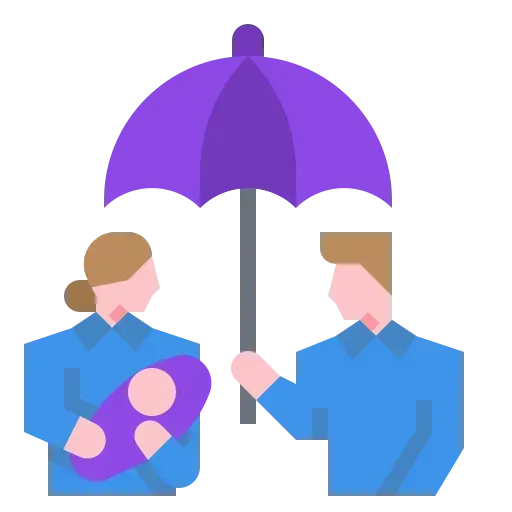
Insurance Coverage
Major insurance providers cover TMS therapy
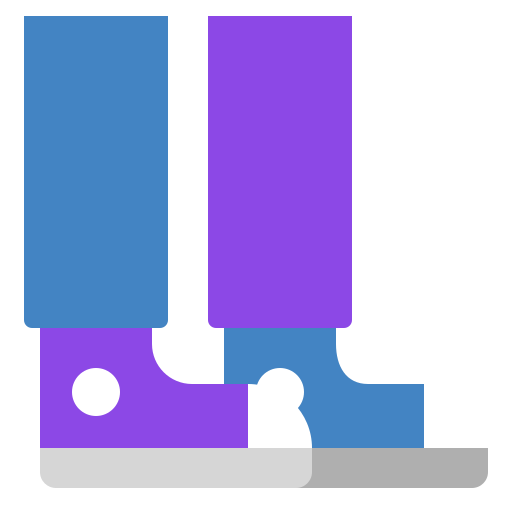
Outpatient
Receive treatment without disrupting your daily routine.

Holistic Care
Combine TMS with therapy or medication when needed.
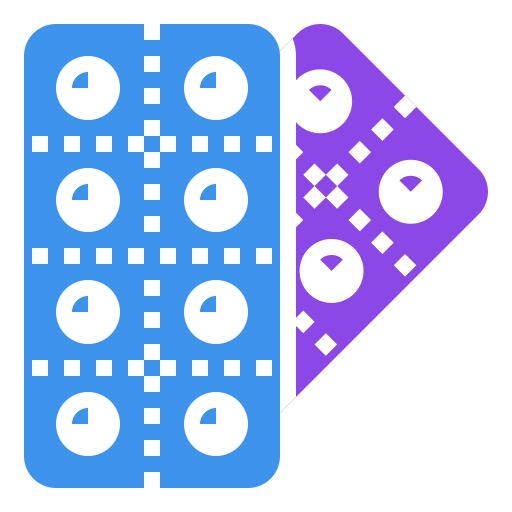
Drug-Free Alternative
Alternative option to antidepressants.
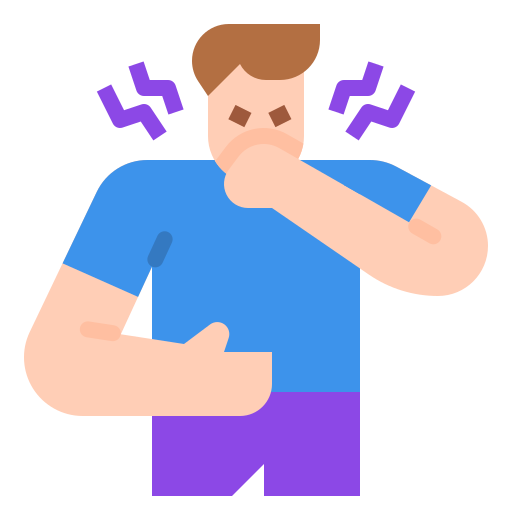
Minimal Side Effects
Safe and well-tolerated treatment option.
Your Free Consultation
Begin your TMS treatment journey today. Call
303-449-0318
or complete our simple online form.
Contact Us
We will get back to you as soon as possible.
Please try again later.
What Happens In My Consultation?

Review the potential benefits, risks, and possible side effects.

If we feel that other treatments are more likely to be effective, we will advise you of this.

In some cases, additional diagnostic testing will be recommended, such as hormone levels, other lab tests, sleep studies, or brain imaging.
What Makes Us Different?
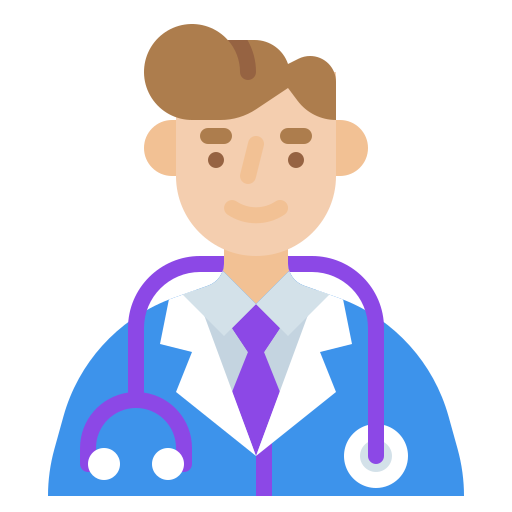
25 Years Combined Experience In TMS Treatment

FDA-Approved TMS Protocols, Ensuring Safe Treatment

Personalized Treatment Protocols Suit Your Specific Needs.

Integrate Therapy, Lifestyle Changes, & Medications.
What Is TMS Therapy?
Transcranial Magnetic Stimulation (TMS) Therapy is a safe and revolutionary treatment for mood disorders. This non-invasive technique uses magnetic fields to change neural activity, offering hope to those struggling with depression, anxiety, or OCD who haven't found relief through conventional treatments.
TMS works by placing a magnetic coil on the patient's head, which emits carefully calibrated pulses to target specific brain regions. These pulses can either stimulate or inhibit neuronal activity, effectively "resetting" the areas of your brain involved in mood regulation and decision-making. This process can significantly reduce symptoms of depression, anxiety, and OCD, providing a compelling alternative to antidepressants and other medications that may not work for everyone.
If you've been feeling trapped by persistent mental health issues, TMS could be the breakthrough you've been seeking. It's FDA-approved, backed by extensive research, and has helped countless individuals reclaim control over their lives.
We Work With All Major Insurance Companies
Rather than navigating the complexities on your own, let us handle the details. We’ll assess your needs, verify your insurance benefits, and review payment options with you.

Is TMS Therapy Right for Me? 4 Questions to Ask Yourself
Question 1: Have I been experiencing symptoms of depression, anxiety, or OCD, and have I been diagnosed by a medical professional for these symptoms?
TMS is FDA-approved for treating
depression and OCD and has shown promising results in reducing anxiety symptoms. If you've received a professional diagnosis for any of these conditions, TMS could be an excellent option to alleviate your daily struggles and improve your quality of life.
Question 2: Have I tried other treatments for my mental health condition, such as antidepressants, that did not fully relieve my symptoms?
While TMS is highly effective, it's typically considered a second-line treatment. This means it's usually recommended after other conventional treatments have been tried. If you've undergone first-line treatments like medications or psychotherapy without experiencing significant relief, or if you've suffered from adverse side effects, TMS could be the solution you've been searching for. Read more:
TMS vs Antidepressants→
Question 3: Do I have any other medical conditions that might interfere with my TMS therapy?
TMS is a safe and well-tested form of treatment. However, certain medical conditions may affect your eligibility or require special considerations. These include a history of epilepsy and seizures. Additionally, metal implants in your head or neck as well as pacemakers may interfere with the TMS device.
Our medical team at Boulder TMS will thoroughly review your medical history to ensure TMS is safe and appropriate for you. In rare cases, certain medications may impact the effectiveness of TMS, which we'll discuss during your consultation.
Question 4: Do I have the capacity and willingness to commit to my TMS protocol?
A typical TMS protocol involves multiple sessions per week over a period of about 6 weeks, each session lasts 15-30 minutes. This commitment is crucial for achieving optimal results. While you can resume your normal activities immediately after each session, it's important to have the flexibility to attend regular appointments. We understand that finding time for self-care can be challenging with your schedule. At
Boulder Center for TMS, we strive to make your TMS sessions as convenient as possible, ensuring that every visit contributes meaningfully to your treatment journey.
Start Your TMS Journey with Boulder TMS
At Boulder Center for TMS, we're proud to be at the forefront of innovative treatments for depression, anxiety, and OCD. Our commitment to excellence extends beyond just offering TMS – we provide a comprehensive, personalized approach to mental health care.
What sets us apart:
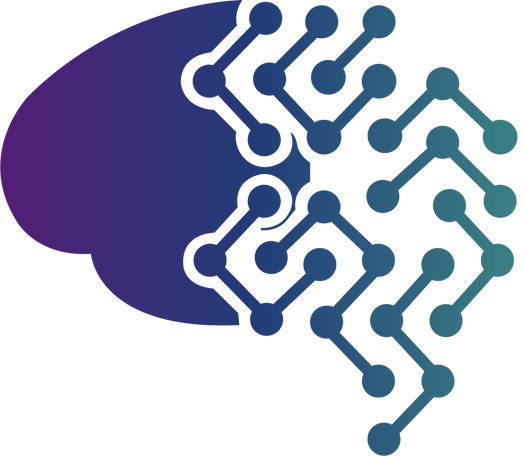
Customized treatment plans tailored to your unique needs and medical history

Integration of TMS with psychedelic therapy for a holistic approach

A team of compassionate professionals dedicated to your well-being

State-of-the-art facilities and cutting-edge TMS technology
We understand that taking the first step towards treatment can be daunting. That's why we're here to support you every step of the way. From your initial consultation to your final TMS session and beyond, our team is committed to your success and long-term well-being.
Don't let mental health challenges hold you back any longer.
Contact Boulder TMS today to schedule a consultation and discover how our innovative approach to TMS therapy can help you reclaim your life. Together, we'll chart a course toward a brighter, healthier future.
"Treatment here was a game-changer for me. I feel like my overall mood has improved on a daily basis, and there's been notable differences in my focus at work. It's pretty incredible, actually. The staff was great as well. Highly recommend this clinic for anyone seeking TMS."
Ryan Cwynar
More Rescources
Does TMS require sedation?
Learn More →TMS does not require sedation. All that is required is for the patient to sit still in the ergonomic treatment chair for the duration of treatment. Patients undergoing TMS therapy can return to their daily activities immediately following treatment.
Does insurance cover TMS therapy?
Learn More →Many insurance companies will cover a large portion of the cost of TMS treatment. At Boulder Center for TMS, we are often able to contract single-case agreements with insurance companies. This means that even if we are considered out of network by your insurance company, they will cover treatment at an in-network level. We research your insurance benefits for you and make sure you are aware of any out-of-pocket costs before beginning treatment so that you can make an informed decision based on your unique financial needs.
What are the common side effects of TMS?
Learn More →Unlike ECT (electroconvulsive therapy) where short-term confusion, memory loss, and long-term disruptions in memory have been shown to occur, TMS has little to no side effects. Some patients who undergo TMS therapy report headaches, fatigue, scalp soreness, or dizziness. However, these side effects are minor and tend to fade within the first week of treatment. The most serious side effect known side effect is seizure, though that only happens in roughly 1 in 200 patients. This is a very rare event that our staff is trained to handle.
Is TMS Therapy the same as Shock Therapy (ECT)?
No, the two procedures are very different. While both are effective in the treatment of depression, there are many differences in safety and tolerability. TMS is a non-invasive therapy that stimulates the activation of a patient’s brain with pulsed magnetic fields. During a session of TMS, patients will sit in a chair and are awake and alert throughout the entire 15-30 minute procedure – no sedation is used with TMS Therapy. Patients can transport themselves to and from treatment with ease. In contrast, "shock therapy", or electroconvulsive therapy (ECT), intentionally causes a seizure through the direct application of electrical current. Patients receiving ECT must be sedated with general anesthesia and paralyzed with muscle relaxants. Recovery from an ECT treatment session occurs slowly, and patients are usually closely monitored for minutes or even a few hours after a treatment.
Am I a good candidate for TMS?
Learn More →Our patients complete an initial evaluation appointment with our board-certified Psychiatrists to determine if TMS is a viable treatment option. During the appointment, we review your treatment and medication history. You will also have the opportunity to discuss your current medications and ask any remaining questions regarding treatment. This will help both you and the psychiatrists, to gauge if TMS is the right procedure for you.
Is TMS Right For You?
TMS is a safe, non-invasive, FDA-approved treatment that offers an effective alternative to medication. Take our 2-minute quiz to find out if TMS is the right option for you.
Take the quiz →

FDA-Approved
Treatment for depression and OCD.

Insurance Coverage
Major insurance providers cover TMS therapy

Outpatient
Receive treatment without disrupting your daily routine.

Holistic Care
Combine TMS with therapy or medication when needed.

Drug-Free Alternative
Alternative option to antidepressants.

Minimal Side Effects
Safe and well-tolerated treatment option
Your Free Consultation
Begin your TMS treatment journey today. Call
303-449-0318
or complete our simple online form.
Contact Us
We will get back to you as soon as possible.
Please try again later.
What Happens In My Consultation?

Review the potential benefits, risks, and possible side effects.

If we feel that other treatments are more likely to be effective, we will advise you of this.

In some cases, additional diagnostic testing will be recommended, such as hormone levels, other lab tests, sleep studies, or brain imaging.
What Makes Us Different?

25 Years Combined Experience In TMS Treatment

FDA-Approved TMS Protocols, Ensuring Safe Treatment

Personalized Treatment Protocols Suit Your Specific Needs.

Integrate Therapy, Lifestyle Changes, & Medications.
Your Free Consultation
Begin your TMS treatment journey today. Call
303-449-0318
or complete our simple online form.
Contact Us
We will get back to you as soon as possible.
Please try again later.
What Happens In My Consultation?

Review the potential benefits, risks, and possible side effects.

If we feel that other treatments are more likely to be effective, we will advise you of this.

In some cases, additional diagnostic testing will be recommended, such as hormone levels, other lab tests, sleep studies, or brain imaging.
What Makes Us Different?

25 Years Combined Experience In TMS Treatment

FDA-Approved TMS Protocols, Ensuring Safe Treatment

Personalized Treatment Protocols Suit Your Specific Needs.

Integrate Therapy, Lifestyle Changes, & Medications.








